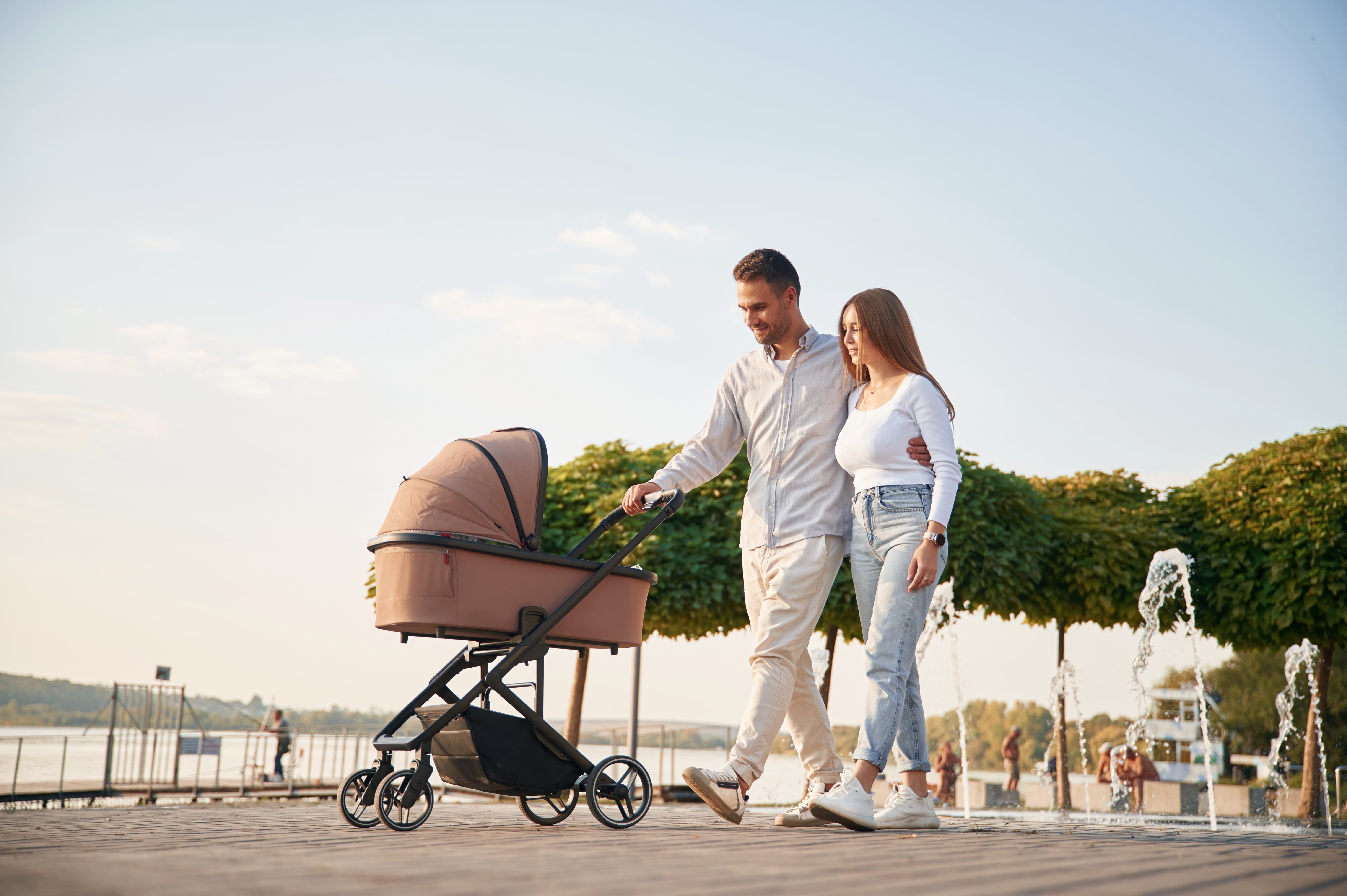Understanding Prams: A Comprehensive Guide
Prams, brief for 'perambulators', are an important tool for moms and dads and caretakers with babies. These wheeled gadgets supply a safe and comfortable method to transfer babies, making getaways more manageable. However, prams are not practically benefit; they are likewise an important element of kid development and security. This post explores the types, advantages, and factors to consider when picking a pram, making sure that moms and dads are knowledgeable in their choice.
Types of Prams
Prams vary extensively in terms of design, performance, and functions. Understanding the types offered can help moms and dads select the right one for their needs.
1. Conventional Prams
Standard prams are classic baby carriages that generally feature a deep lying-down cot. They use a smooth trip, allowing babies to lie flat and comfortably when out and about.
2. Travel Systems
These are flexible options that integrate a stroller and a safety seat, making shifts smooth for parents who regularly travel. Travel systems assist in simple transfer in between cars and truck and pram without disturbing the baby.
3. Umbrella Strollers
Light-weight and compact, umbrella strollers are ideal for parents who need an easily transportable alternative. Though they frequently have fewer features and might not be appropriate for newborns, they are excellent for older infants and toddlers.
4. Jogging Strollers
Developed for active moms and dads, running strollers have larger, more steady wheels and a tough frame, allowing them to manage bumpy terrain. These are best suited for families who delight in outdoor activities and desire to incorporate fitness into their parenting routine.
5. Double Prams
For households with twins or brother or sisters of close age, double prams supply space for 2 children side by side or one behind the other. They use comparable security and comfort features as single prams but accommodate multiple passengers.
Benefits of Using a Pram
Prams offer various benefits for both kids and parents:
- Safety: Prams provide a protected and enclosed space for infants and toddlers, protecting them from prospective threats.
- Convenience: Many prams are created with cushioned seats, sunshades, and adjustable recline positions to keep babies comfortable throughout trips.
- Convenience: Prams make it much easier for parents to get around, particularly in urban environments where bring a baby can end up being troublesome.
- Flexibility: With numerous styles readily available, prams can adapt to various way of lives, whether it's casual strolls, jogging, or taking a trip.
- Bonding Time: Using a pram permits moms and dads to be physically close to their baby while exploring and enjoying different environments together.
Choosing the Right Pram
Picking the ideal pram can be complicated provided the variety of alternatives. Here are some considerations to guide moms and dads:
1. Age of the Child
- Newborns: Look for prams that provide full recline options and compatibility with infant cars and truck seats.
- Infants: Choose a versatile model that enables for a transition to an upright position.
- Toddlers: Lightweight and easy-fold designs can be more practical.
2. Lifestyle
- Urban: A compact, quickly maneuverable pram is essential for navigating city streets.
- Active: Those who jog or go on hiking trips should think about a robust jogging stroller.
- Travel: Models that fast to fold and light-weight are much better for moms and dads on the go.
3. Budget plan
Prams can range from budget-friendly to high-end designer choices. Identify the essential functions you need and prevent unneeded costs.
4. Safety Standards
Guarantee the pram adheres to regional security regulations and features safety belt, brakes, and sturdy construction products.
5. Practical Features
Think about functions like storage area, removable seats for simple cleansing, weather condition canopies, and adjustable manages based on individual choice.
Table of Key Pram Features
| Type of Pram | Key Features | Ideal Age | Cost Range |
|---|---|---|---|
| Conventional Prams | Deep cot; great suspension | Newborn to 6 months | ₤ ₤ - ₤ ₤ ₤ |
| Travel Systems | Stroller and safety seat combination | Newborn onwards | ₤ ₤ - ₤ ₤ ₤ ₤ |
| Umbrella Strollers | Lightweight; easy fold | 6 months onwards | ₤ - ₤ ₤ |
| Jogging Strollers | Durable wheels; safety belt | 6 months onwards | ₤ ₤ - ₤ ₤ ₤ |
| Double Prams | Seats for two kids; differed designs | Newborn to young child | ₤ ₤ ₤ - ₤ ₤ ₤ ₤ |
FAQs About Prams
1. For how long can I utilize a pram for my kid?
The majority of prams are developed to accommodate kids from newborn through to about four years of age, depending on the design and weight limitation.
2. Can I utilize a pram for running?
Only utilize a jogging stroller for jogging or running. Regular prams are not created to stand up to such high-impact activities.
3. How do I clean my pram?
The majority of pram fabrics can be area cleaned with mild soap and water. Detachable covers often can be machine washed, though it's crucial to check out the manufacturer's directions.
4. What is the weight limit for prams?
This differs by model but normally ranges from around 50 pounds to 75 lbs. Always check the requirements before buying.
5. How do I safely secure my baby in the pram?
Ensure that your baby is securely fastened in with the five-point harness, and never ever leave them unattended in the pram.
Selecting the best pram is a crucial choice for moms and dads, which includes weighing various aspects such as safety, convenience, and benefit. Comprehending Pushchair of prams readily available and their respective features allows parents to make educated options that best match their family's needs. By focusing on security and functionality, caregivers can guarantee that walks, runs, and getaways with their little ones are comfy and satisfying experiences.

